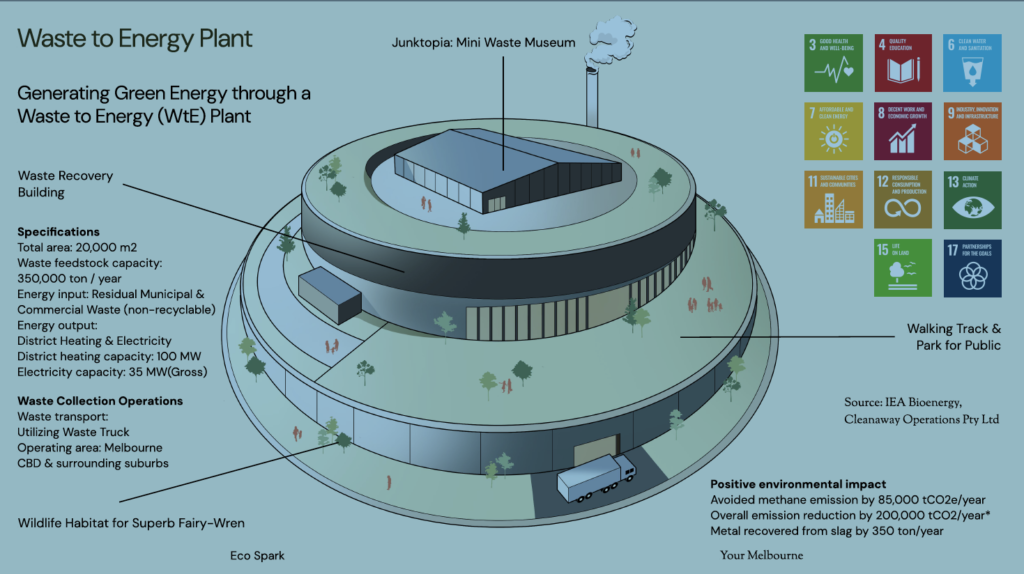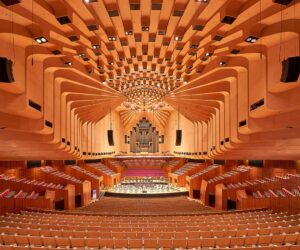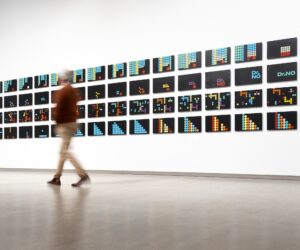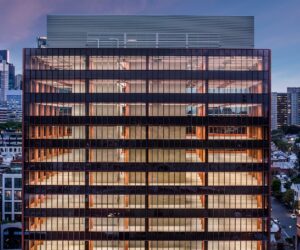Winners of 2024 YourMelbourne Student Competition Announced
BMW Group Australia has announced the winners and finalists of this year’s YourMelbourne student competition, held in collaboration with The University of Melbourne and RMIT University.
For the fifth consecutive year, BMW Group Australia and the two universities invited students to research, design, and present their vision of Melbourne in 2030 in line with the 17 United Nations Sustainability Development Goals.
Students were challenged to think of innovative and sustainable ways to address climate change, a growing population and the future of mobility within Melbourne’s expanding population and sprawling urban landscape.
Each entry was judged on five core pillars: Public Mobility, Private Mobility, Urban Planning, Connectivity and Sustainability.
The initiative underscores BMW Group’s commitment to reducing its own carbon footprint, aiming to be carbon-neutral by 2050. By 2030, BMW Group is also targeting a 50 per cent reduction in CO2 emissions per vehicle and kilometre driven from 2019 levels.
Students entering the YourMelbourne initiative could submit their vision as a group or individually, with entries judged by representatives from BMW Group, RMIT University, The University of Melbourne and Capire Consulting Group (Australia’s largest specialist community engagement consultancy). The 2024 winners and finalists are:
Group
- Eco Spark, by Aileen Natasha, Anastasia Jesica, Dennis Jonathan (RMIT University and The University of Melbourne): A unique multi-faceted transformation of Fishermans Bend, with consideration for private and public mobility, tourism, and waste management.
- Recharge Melbourne, by Naphatsadol Pansailom, Tiptanya Polpak, Yanisa Vongsmaenthep (RMIT University): A solution that harnesses each stage of the coffee making process, weaving something truly Melburnian to a hub of renewable energy.
- Melvement, by Xinying Xiao, Chenyu Shen, Yuchen Wang (The University of Melbourne): A fusion of urban transformation and the Melvement app, which offers Melbourne residents ways to track and enhance their impact on the environment, and even earn rewards.
Individual
- Melbourne Reimagined, by Michelle Setianto (The University of Melbourne): An encompassing travel app alongside with shuttles and green corridors to improve the livability and reduce car-dependency amid the growing urban sprawl.
- Urban Mobility, by Sophia Li (The University of Melbourne): A futuristic proposal leveraging available space to build SkyWalks and SkyTrams, high-speed rails, and more. 3. S.M.A.R.T. City, by Siddhant Dharwadkar (RMIT University): A vision to make Melbourne generate renewable energy in communal areas and reduce food waste, including parking structures that offer shelter to homeless and under-educated Melburnians.
“Education is a key pillar in our Corporate Social Responsibility strategy,” says Wolfgang Buechel, CEO of BMW Group Australia.
“Our long-term commitment to working with both universities is to invest in the local community by challenging students – our next-generation futurists – with real-world issues that affect business, mobility, and the future of our city.”
“Our BMW YourMelbourne competition focuses on the exciting future of public and private mobility, urban connectivity, and how these will shape our city in the next five years. Melbourne is a globally recognised city with a world-renowned transport system, and it’s something that can only be enhanced by a sustainable approach,” Mr Buechel added.
“This year’s YourMelbourne submissions are not only inspiring in their projections of how far electromobility can take us, but they also embody BMW Group’s commitment around reducing, reusing, and recycling. The innovative solutions presented show how we can all work together to create a more sustainable future for Melbourne.”
Aileen Natasha, Anastasia Jesica, and Dennis Jonathan said it was an honour to win the group category, and their involvement in YourMelbourne stemmed from a passion for sustainability.
“We began by generating as many ideas as possible and then pitched them during our regular meetings. It took us three sessions and a site visit to our potential location to decide on our concept. The key moment was when we learnt about Fishermans Bend’s history, the mobility challenges, and the area’s future development potential, making it clear that our solution was an ideal fit.”
The University of Melbourne’s Michelle Setainto, who designed Melbourne Reimagined (individual category winner), said an interest in strategic urban planning led to her entering the competition.
“The reality is that 2030 is only six years away. Instead of starting from scratch, I focused on enhancing the city’s current assets, such as its well-developed transport systems, green spaces, and commitment to sustainability. My approach emphasises incremental urbanism, which involves making small, strategic improvements that have a cumulative impact over time, ensuring that changes are not only scalable but also adaptable to the city’s evolving needs.”
More information: bmw.com/en-au/



